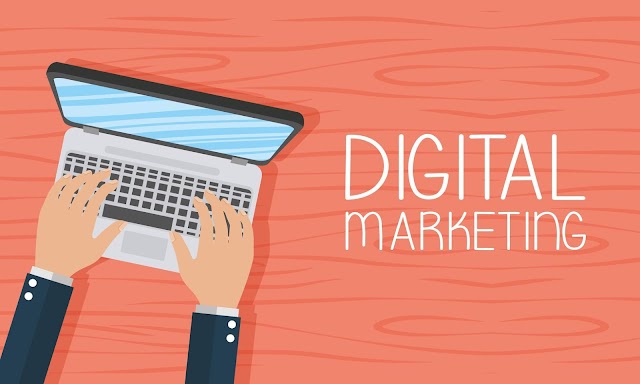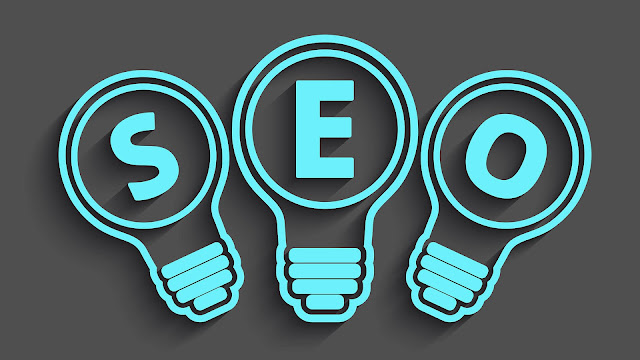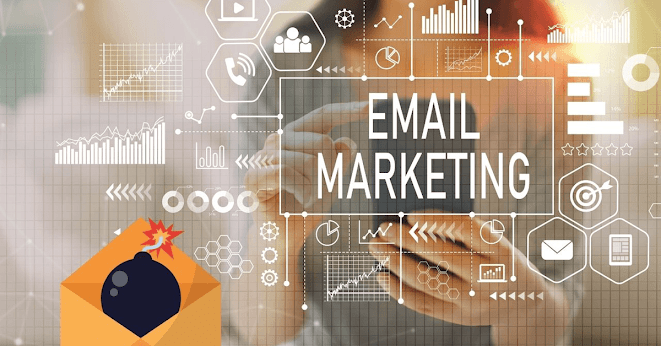
Digital marketing is an essential component of any modern business strategy, regardless of size or industry. It allows businesses to connect with their target audience, generate leads, and build brand awareness through various online channels. For beginners diving into the world of digital marketing, it can feel overwhelming due to the sheer number of strategies and tools available. However, understanding and mastering a few key strategies can set the foundation for success.
In this article, we’ll explore the top digital marketing strategies that every beginner should learn, providing you with a comprehensive guide to help you get started on the right path.
1. Search Engine Optimization (SEO):

What is SEO?
SEO is the process of optimizing your website and content so that it appears higher in search engine results pages (SERPs) when users search for relevant terms. The higher your site ranks, the more visibility it gets, leading to increased organic (non-paid) traffic.
Key Elements of SEO:
- Keyword Research: Finding the right keywords that your target audience is searching for is the first step. Use tools like Google Keyword Planner, Ahrefs, or SEMrush to identify relevant keywords with decent search volume and low competition.
- On-Page SEO: This includes optimizing elements on your website like title tags, meta descriptions, header tags, and keyword usage within content. On-page SEO helps search engines understand the content of your pages.
- Off-Page SEO: Off-page SEO focuses on building backlinks from other reputable sites to your content, signaling to search engines that your site is authoritative and relevant.
- Technical SEO: Ensuring your website is technically sound, with fast load times, mobile responsiveness, and clean site architecture, is critical for search engines to properly index your site.
Why is SEO Important?
SEO is one of the most sustainable and cost-effective ways to generate traffic in the long term. Once your site ranks well, it can continually attract visitors without ongoing paid efforts. Beginners should start by learning the basics of keyword research and on-page SEO, gradually moving towards more advanced techniques like backlink building.
2. Content Marketing:

What is Content Marketing?
Content marketing is about creating valuable, relevant, and consistent content to attract and engage a defined audience. The goal is to establish authority, build trust, and ultimately drive profitable customer actions.
Types of Content:
- Blog Posts: Informative and engaging articles that provide value to your audience. Blogging is one of the most effective content marketing strategies for driving traffic and building SEO.
- Videos: Video content is growing in popularity as a medium for storytelling, tutorials, and entertainment. Platforms like YouTube, TikTok, and Instagram have made it easier for businesses to reach their audience through video.
- Infographics: These are highly shareable pieces of content that present complex information in a visually appealing way. Infographics are great for social media sharing and can help boost brand visibility.
- E-books and Whitepapers: These are more in-depth forms of content that provide significant value, often in exchange for user information such as email addresses, making them great lead-generation tools.
Why is Content Marketing Important?
High-quality content is what drives all digital marketing efforts, from SEO to social media. By producing content that answers your audience’s questions or solves their problems, you can build long-term relationships and foster trust. Beginners should focus on creating blog posts and social media content that resonate with their target audience.
3. Social Media Marketing:

What is Social Media Marketing?
Social media marketing involves promoting your products, services, or content on social media platforms like Facebook, Instagram, Twitter, LinkedIn, and others. The goal is to increase brand awareness, drive traffic, and engage with your audience directly.
Key Platforms for Beginners:
- Facebook: One of the most versatile platforms with options for both paid and organic marketing. Facebook groups and pages can help build communities and foster engagement.
- Instagram: A highly visual platform that’s great for brands with strong visual content. Instagram Stories, Reels, and IGTV provide multiple ways to engage your audience.
- LinkedIn: Ideal for B2B marketing, LinkedIn is the go-to platform for professional networking and content sharing in industries like technology, finance, and education.
- Twitter: Known for its fast-paced environment, Twitter is excellent for real-time engagement, customer service, and trending conversations.
Why is Social Media Marketing Important?
Social media allows businesses to engage directly with their audience in a personal way. For beginners, understanding the unique features and audience demographics of each platform is key to crafting effective strategies. Start by focusing on 1-2 platforms where your target audience is most active and develop a content strategy that aligns with your goals.
4. Email Marketing:

What is Email Marketing?
Email marketing is one of the most direct forms of digital marketing, involving the use of email to send commercial messages to a targeted audience. It’s a powerful tool for nurturing leads, engaging customers, and driving conversions.
Components of Email Marketing:
- Email List Building: Start by growing your email list through sign-up forms, gated content (e.g., e-books), or offering exclusive promotions to subscribers.
- Segmentation: Once you have a list, it’s important to segment your audience based on their behavior, preferences, or demographics. This allows for more personalized and relevant email campaigns.
- Automation: Automated email sequences, like welcome emails, cart abandonment reminders, or post-purchase follow-ups, can help nurture leads without constant manual effort.
Why is Email Marketing Important?
Despite the rise of social media, email marketing remains one of the highest ROI digital marketing strategies. It allows for personalized communication, making it highly effective for driving repeat sales and retaining customers. Beginners should start by learning how to grow an email list and craft engaging newsletters or automated campaigns.
5. Pay-Per-Click Advertising (PPC):

What is PPC?
PPC is a model of digital marketing where advertisers pay a fee each time their ad is clicked. Essentially, it’s a way of buying visits to your site rather than earning them organically. Google Ads and Facebook Ads are two of the most popular platforms for running PPC campaigns.
Key Elements of PPC:
- Keyword Targeting: Similar to SEO, choosing the right keywords is crucial for PPC success. You want to target keywords that your audience is searching for but aren’t too competitive.
- Ad Copy: The text or creative in your ad should be compelling and relevant to the searcher’s intent. This is what will convince someone to click on your ad.
- Landing Pages: The page where users land after clicking your ad should be optimized for conversions, whether it’s making a purchase, filling out a form, or signing up for a newsletter.
Why is PPC Important?
PPC allows businesses to target specific keywords and demographics, driving immediate traffic to their website. It’s a fast way to generate leads and sales, though it requires careful budget management. For beginners, starting with a small budget on platforms like Google Ads or Facebook Ads can help you understand the basics before scaling up.
6. Influencer Marketing:
What is Influencer Marketing?
Influencer marketing involves partnering with influencers—people with a significant following on social media or other platforms—to promote your products or services. It’s an effective way to leverage an influencer’s trust and reach to get your brand in front of a larger audience.
How to Get Started:
- Identify Relevant Influencers: Focus on influencers whose audience matches your target demographic. Tools like BuzzSumo and Instagram can help you discover influencers in your niche.
- Establish Relationships: Build relationships with influencers by engaging with their content before reaching out with collaboration offers.
- Campaign Types: Influencer marketing campaigns can range from product reviews and giveaways to sponsored posts and affiliate partnerships.
Why is Influencer Marketing Important?
Influencer marketing can be a powerful way to boost brand awareness and credibility, especially for brands looking to target younger or niche audiences. Beginners should focus on identifying micro-influencers with engaged audiences, as they often provide better ROI than large influencers with millions of followers.
Conclusion
Digital marketing is a broad field with many moving parts, but mastering the basics of SEO, content marketing, social media marketing, email marketing, PPC, and influencer marketing will set beginners on the path to success. Start by focusing on a few of these strategies, and as you grow more confident, you can expand into other areas. The key to success in digital marketing is to stay adaptable and continually learn from your efforts.




.png)
0 Comments